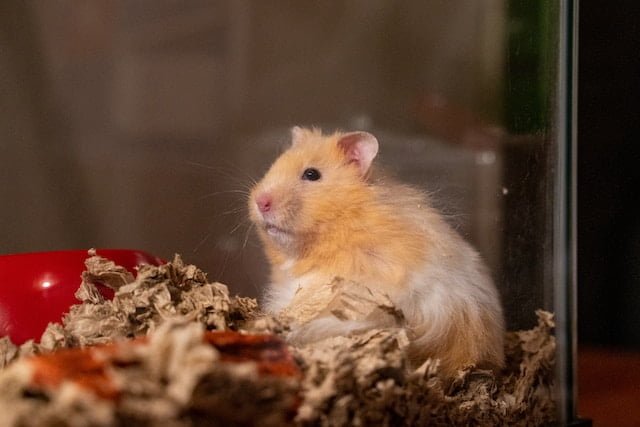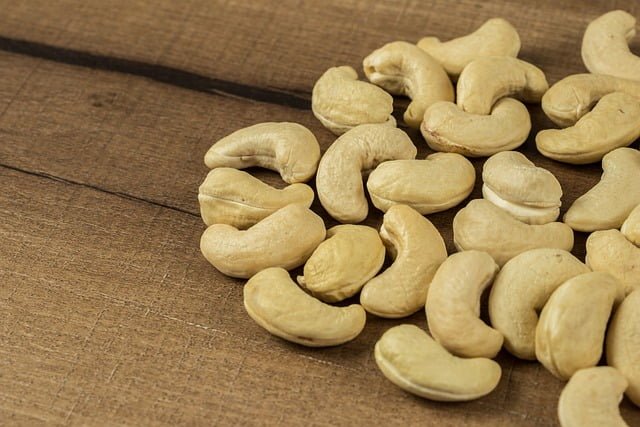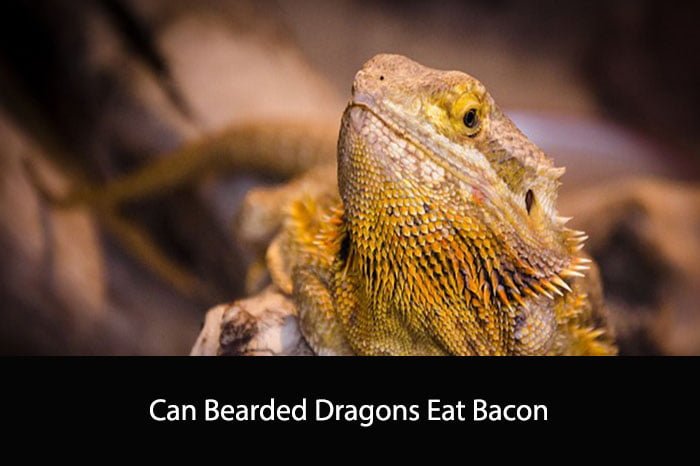Cashews are a popular snack among humans, but can rats eat cashews as well? As pet owners, we want to ensure that our furry friends are getting the proper nutrition they need to stay healthy. While rats are known to be omnivores, it’s important to consider the nutritional value of the foods we give them.
When it comes to cashews, rats can eat them in moderation. Cashews are a good source of protein, healthy fats, and minerals such as magnesium and zinc. However, they are also high in calories and fat, so it’s important to limit the amount given to your pet rat. Overfeeding your rat with cashews can lead to obesity and other health problems. As with any new food, it’s important to introduce cashews slowly and monitor your rat’s reaction to ensure they are not having any adverse effects.

Understanding Rats’ Dietary Needs
When it comes to feeding rats, it is important to understand their dietary needs. Rats are omnivores, which means they can eat both plant and animal-based foods. However, their dietary requirements are different from those of humans and other animals.
Rats require a balanced diet that provides them with all the essential nutrients they need to stay healthy. These nutrients include protein, carbohydrates, fats, vitamins, and minerals. A lack of any of these nutrients can lead to health problems in rats.
In the wild, rats feed on a variety of foods, including grains, seeds, nuts, fruits, insects, and small animals. However, when kept as pets, their diet should consist of commercial rat food that is specifically formulated for their nutritional needs. This food should be supplemented with fresh fruits and vegetables, as well as occasional treats.
It is important to note that not all human foods are safe for rats to eat. Some foods can be toxic to rats or cause digestive problems. For example, rats should not be fed chocolate, caffeine, alcohol, or sugary foods.
In summary, providing rats with a balanced diet that meets their nutritional needs is essential for their health and well-being. Commercial rat food, supplemented with fresh fruits and vegetables, is the best option for ensuring that rats receive all the nutrients they need.
Can Rats Eat Cashews?
We often wonder if our furry little friends can eat the same foods as us. One such food is cashews. So, can rats eat cashews?
The answer is yes, rats can eat cashews. Cashews are not toxic to rats, and they can be a healthy addition to their diet when given in moderation. However, it is important to note that cashews are high in fat and calories, so they should not be given to rats in large quantities.
It is also important to ensure that the cashews are unsalted and unflavored. Salted or flavored cashews can be harmful to rats as they contain high levels of sodium and other additives that can be harmful to their health.
In addition to being a tasty treat, cashews also provide rats with a good source of protein, fiber, and essential vitamins and minerals. However, it is important to remember that cashews should not be the main source of nutrition for rats, and they should always be given in moderation as a supplement to their regular diet.
Overall, rats can enjoy cashews as a healthy and tasty treat, as long as they are given in moderation and are unsalted and unflavored. As with any new food, it is important to introduce cashews slowly and monitor your rat’s reaction to ensure that they tolerate them well.
Health Benefits of Cashews for Rats
Cashews are a great source of nutrients for rats. They are packed with vitamins and minerals that are essential for the growth and development of rats. In this section, we will discuss some of the health benefits of cashews for rats.
Rich in Protein
Cashews are a great source of protein for rats. Protein is essential for the growth and repair of tissues in the body. It also helps to build strong muscles and bones. Rats need a diet that is high in protein to maintain their health and vitality.
High in Healthy Fats
Cashews are high in healthy fats such as monounsaturated and polyunsaturated fats. These fats are essential for the health of rats as they help to maintain healthy skin and fur, and also help to regulate body temperature.
Good Source of Vitamins and Minerals
Cashews are a good source of vitamins and minerals such as magnesium, zinc, and iron. These minerals are essential for the proper functioning of the body. Magnesium is important for the growth and development of bones, while zinc is essential for the immune system. Iron is important for the production of red blood cells, which carry oxygen throughout the body.
Conclusion
In conclusion, cashews are a great source of nutrients for rats. They are rich in protein, healthy fats, vitamins, and minerals that are essential for the growth and development of rats. Including cashews in your rat’s diet can help to keep them healthy and happy.
Potential Risks of Cashews for Rats
While cashews are a healthy snack for humans, they may not be suitable for rats. Here are a few potential risks that we should be aware of before feeding cashews to our pet rats.
High Fat Content
Cashews are high in fat, which can lead to weight gain and obesity in rats if they are fed in excess. Rats require a balanced diet that is low in fat to maintain their health. Feeding them too many cashews can cause health problems in the long term.
Allergic Reactions
Some rats may be allergic to cashews, and feeding them can cause an allergic reaction. Symptoms of an allergic reaction include itching, swelling, and difficulty breathing. If you notice any of these symptoms after feeding your rat cashews, stop immediately and consult your veterinarian.
Digestive Problems
Cashews contain a high amount of fiber, which can cause digestive problems in rats if they are not used to it. Feeding too many cashews can lead to diarrhea, constipation, or other digestive issues. It is important to introduce cashews to your rat’s diet gradually and in small amounts to avoid digestive problems.
In conclusion, while cashews may seem like a healthy snack for rats, they should be fed in moderation and with caution. High fat content, allergic reactions, and digestive problems are potential risks that we should be aware of before feeding cashews to our pet rats.

How to Safely Feed Cashews to Rats
When it comes to feeding cashews to rats, it’s important to do so in a safe and responsible manner. Here are some tips to keep in mind:
- Start with small amounts – While cashews can be a healthy and tasty snack for rats, it’s important to introduce them slowly and in small amounts. This will allow you to monitor your rat’s reaction and ensure they don’t have any adverse effects.
- Avoid salted or flavored cashews – Many cashews sold in stores are salted or flavored, which can be harmful to rats. Stick to unsalted, unflavored cashews to ensure your rat’s safety.
- Monitor your rat’s behavior – After feeding your rat cashews, keep an eye on their behavior. If they seem lethargic, have diarrhea, or show any other signs of discomfort, stop feeding them cashews immediately.
- Don’t overfeed – Cashews are high in fat and calories, so it’s important not to overfeed your rat. Limit the amount of cashews you give them to avoid weight gain and other health issues.
By following these tips, you can safely and responsibly feed cashews to your pet rat. As always, consult with your veterinarian if you have any concerns about your rat’s diet.
Alternatives to Cashews for Rats
While cashews can be a great treat for rats, they should not be the only food source for your pet. Here are some alternatives to cashews that you can offer your rat:
1. Almonds
Almonds are a great source of protein and healthy fats for rats. They are also rich in vitamin E and magnesium. However, almonds should be given in moderation as they are high in calories.
2. Walnuts
Walnuts are another great source of protein and healthy fats for rats. They are also rich in omega-3 fatty acids, which can help improve brain function. However, like almonds, walnuts should be given in moderation as they are high in calories.
3. Pumpkin Seeds
Pumpkin seeds are a good source of protein, healthy fats, and fiber for rats. They are also rich in vitamins and minerals such as zinc, magnesium, and potassium. However, they should be given in moderation as they are high in fat.
4. Sunflower Seeds
Sunflower seeds are a good source of protein and healthy fats for rats. They are also rich in vitamin E and magnesium. However, they should be given in moderation as they are high in fat.
5. Peanuts
Peanuts are a good source of protein and healthy fats for rats. They are also rich in vitamin E and magnesium. However, they should be given in moderation as they are high in calories and can be a choking hazard if not properly prepared.
Overall, it’s important to offer your rat a varied diet that includes a mix of fruits, vegetables, and protein sources. Always consult with your veterinarian before making any changes to your rat’s diet.
Conclusion
In conclusion, while cashews are safe for rats to eat, they should be given in moderation due to their high fat content. As with any new food, it is important to introduce cashews slowly and monitor your rat for any adverse reactions.
We recommend offering cashews as an occasional treat rather than a regular part of your rat’s diet. It is important to remember that rats require a balanced diet that includes a variety of fruits, vegetables, and protein sources.
If you are unsure about whether a particular food is safe for your rat to eat, it is always best to consult with a veterinarian or a knowledgeable rat care resource.
Overall, while cashews can be a tasty and nutritious addition to your rat’s diet, they should be given in moderation and as part of a balanced diet.

Frequently Asked Questions
What nuts can rats eat?
Rats can eat a variety of nuts, including cashews, almonds, hazelnuts, and peanuts. However, it’s important to remember that nuts are high in fat and should only be given to rats in moderation.
Foods rats can eat?
Rats can eat a variety of foods, including fruits, vegetables, grains, and lean proteins. It’s important to provide a balanced diet for your pet rat to ensure they receive all the necessary nutrients.
Can rats eat walnuts?
Yes, rats can eat walnuts. However, as with all nuts, it’s important to feed them in moderation due to their high fat content.
What nuts can rats not eat?
Rats should not eat macadamia nuts or any nuts that are coated in chocolate or sugar. These types of nuts can be harmful to rats and should be avoided.
Can rats eat pistachios?
Yes, rats can eat pistachios. However, it’s important to remember that pistachios are high in fat and should only be given to rats in moderation.
What grains can rats eat?
Rats can eat a variety of grains, including oats, barley, and quinoa. These grains are a good source of carbohydrates and fiber for your pet rat.





